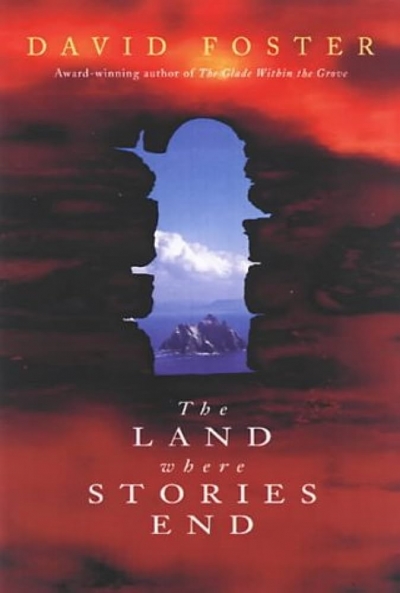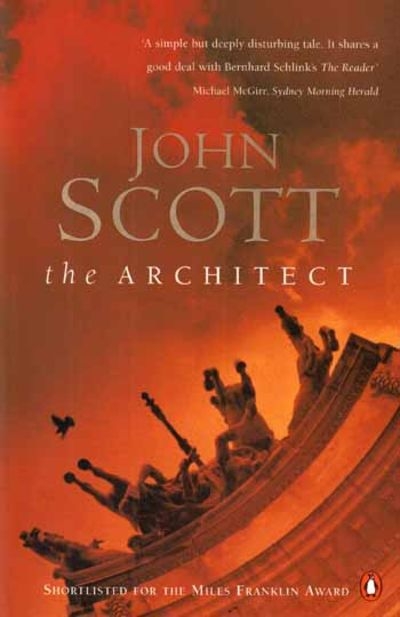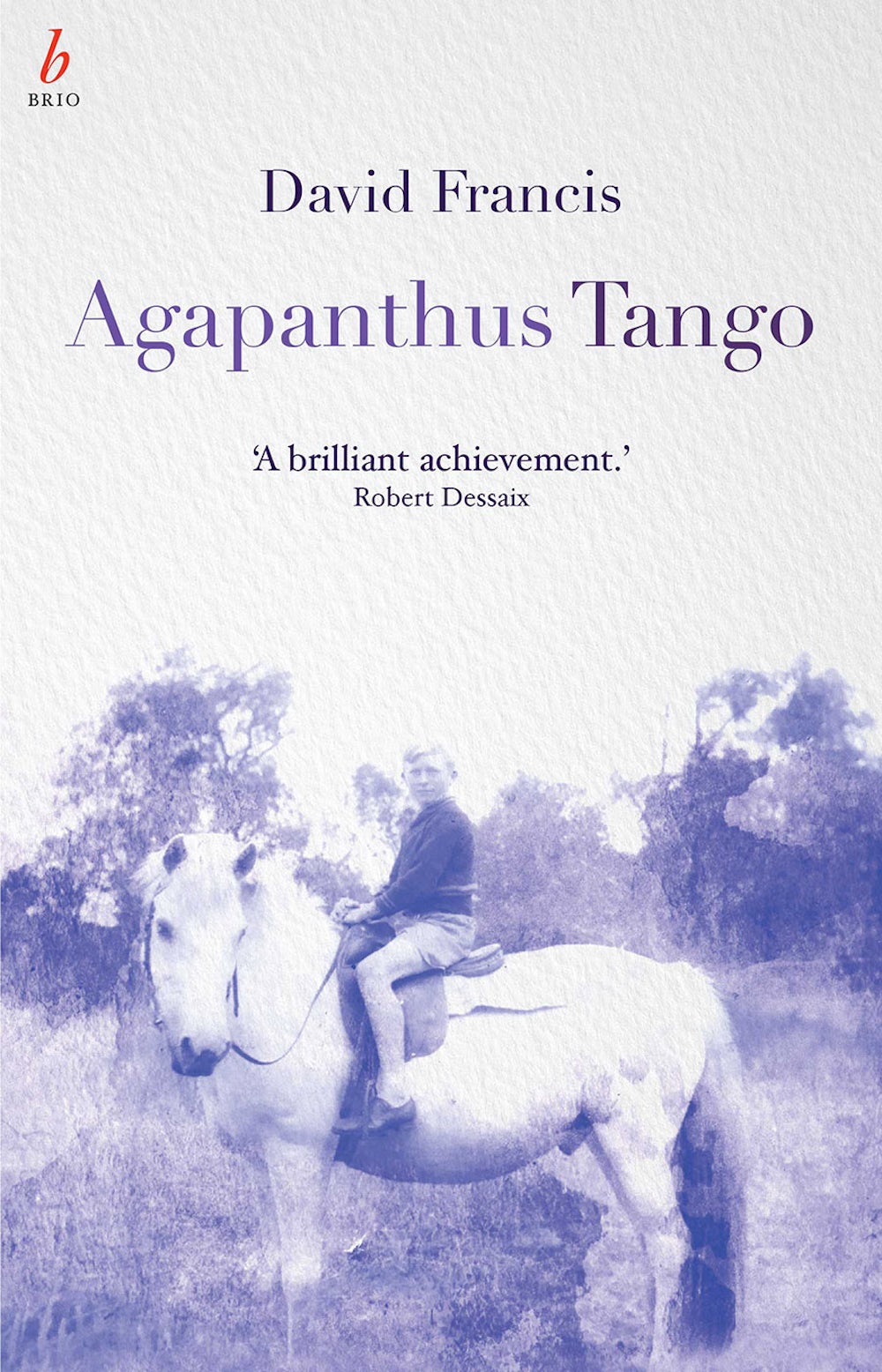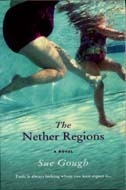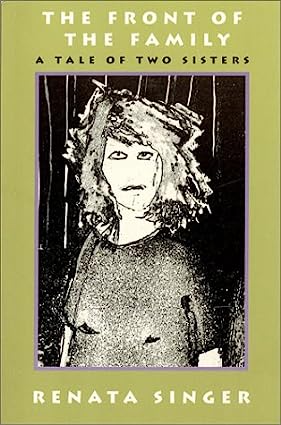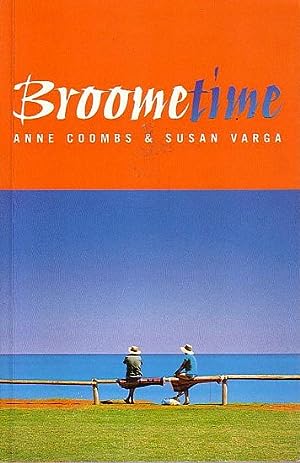Fiction
Sally Muirden’s second novel sits well with her first, Revelations of a Spanish Infanta. In each case, the author works through an elaborate historical lens to construct a multi-layered narrative in which the focus is the intimate life of a woman.
... (read more)The Front of the Family: A Tale of Two Sisters by Renata Singer
by Nicolette Stasko •
Broometime by Anne Coombs and Susan Varga & The White Divers of Broome by John Bailey
by Sasha Soldatow •



